About Qingming Festival
What is the Qingming Festival?
The Qingming Festival (清明节 or Qīngmíngjié in pīnyīn), also called Tomb Sweeping Day or Pure Brightness Festival, is an important traditional Chinese holiday. The festival is celebrated both in China and among members of Chinese communities around the world. The main activity that people engage in on this day is cleaning the graves of their ancestors.
The holiday is celebrated 15 days after the Spring Equinox,usually between April 3rd and 5th. Like many Chinese Holidays, itsdate is calculated using the Chinese lunar calendar. While the date of the holiday changes slightly every year, it generally falls in early April. Tomb Sweeping Day is an official public holiday in mainland China and people are usually given the day off.
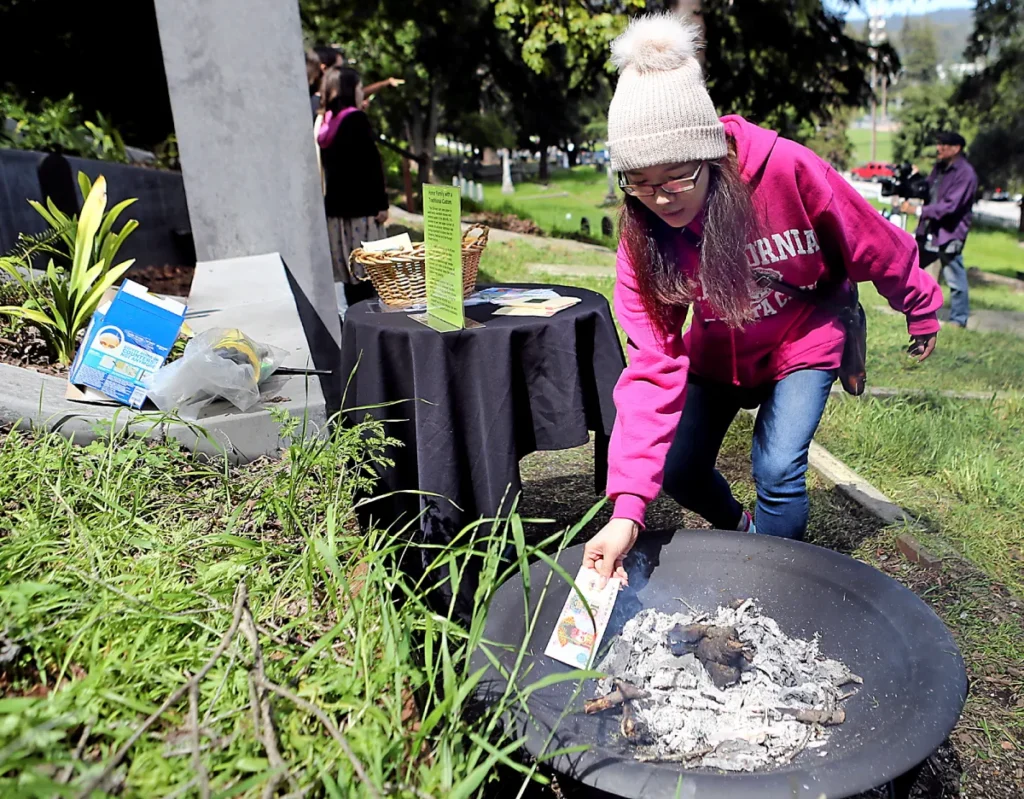
Tomb Sweeping
Tomb sweeping, or 扫墓 (sǎomù) in Chinese, is seen as a way to show respect to one’s ancestors. The practice is closely connected with Chinese traditions related to filial piety and ancestor worship. Tending to the tombs of one’s ancestors is a very important part of the Qingming holiday, but since burial practices in the Chinese countryside are very different from those in the cities, the process of caring for gravesites is different depending on where you live.
In the country, traditional graves on mountains or hillsides where family members are buried close to one another remain. In many cities however, traditional burial is illegal and most opt for cremation.
Offerings to Ancestors
Once the graves are cleared, offerings are usually placed at the foot of the burial mounds or on the semi-circle of cement in front.
What is given as an offering varies by family and by region. In rural Hunan, a typical offering might consist of a bowl of rice and chopsticks, a cup of strong Chinese liquor known as 白酒 (báijiǔ), and a chicken head or other piece of meat.
Once the offering has been placed in front of the tomb, family members set off firecrackers (佃炮 biānpào) and burn incense (香 xiāng) and paper “hell money” (冥钞 míngchāo). Since firecrackers are now banned in most cities on or around the Qingming Festival, relatives may now simply visit the graves, burn some incense and leave flowers.

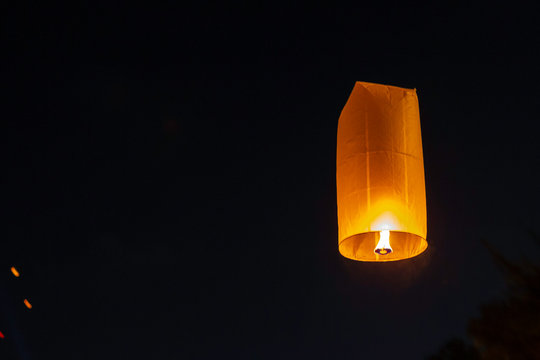
Kite Flying
Traditionally, Chinese people believe that they can increase their chances of having good luck by cutting the strings of a kite and letting it float away instead of reeling them back in. Kites released in this way are thought to carry people’s misfortunes away with them into the sky.. People fly kites in the evening during the Qingming Festival. Colored lanterns are attached to kites in the evening so that they can be seen as they travel through the night sky.
Cold Food
Because of the holiday’s early associations with the Cold Food Festival, or 寒食节 (Hánshíjié), people traditionally only eat cold food during the Qingming Festival. While celebrating the holiday in southern China, people usually eat 青团 (qīngtuán), which are round, sticky and slightly sweet green dumplings made with glutinous rice and either barley grass or Chinese mugwort. The dumplings are often stuffed with some sort of filling such as sweet red bean paste.
In both the north and the south of the country, it is also popular to eat 馓子 (sǎnzi). These are deep fried, salty dough-twists which are cooked in advance and allowed to cool and dry. Because each crunchy twist is made up of multiple thin strands of dough, each 馓子 (sǎnzi) looks like a bunch of spaghetti. They are eaten cold and are often seasoned with sesame seeds.

Qingming festival in Santa Cruz
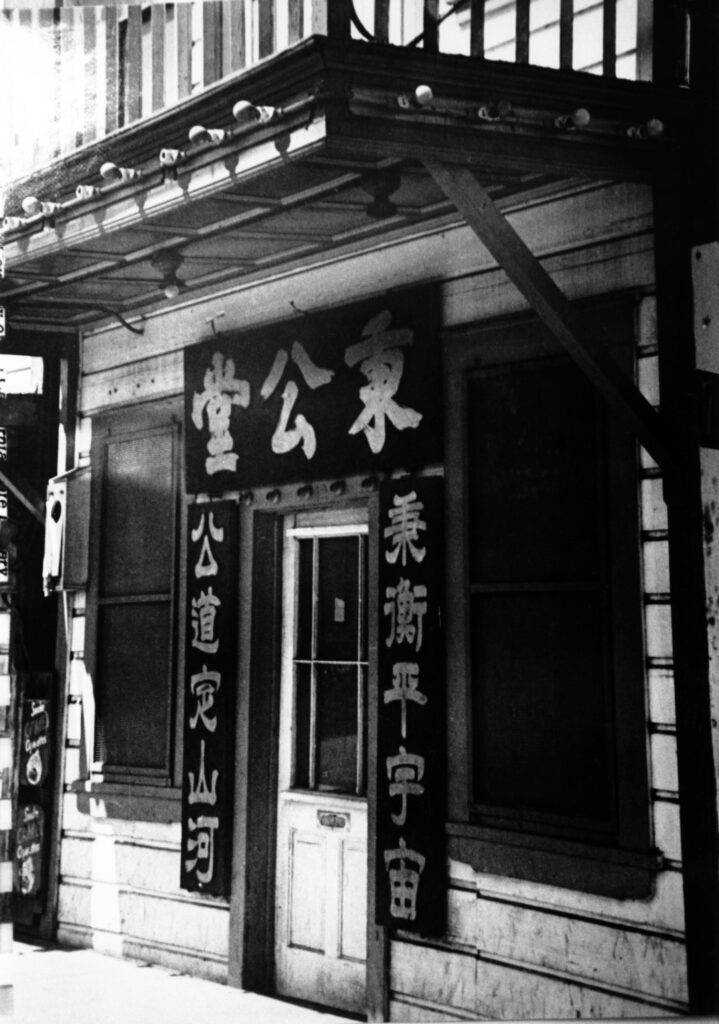
In the Past Although the Qingming festival is traditionally a family event, in Santa Cruz’s late 1890s and early 1900s Chinatowns, it was a community affair. The entire Chinese population of Santa Cruz would go to the Evergreen Cemetery with a feast of Chinese delicacies to put at the Chinese graves and at the Chinese altar. Praying and the burning of candles and incense would also take place. As the Chinatowns of Santa Cruz dwindled and died out, so did these traditions.
In the PresentOn March 31, 2024, the first annual Qingming Festival took place in Santa Cruz. Organized by Flex Kids Culture founder Rui Li, the event began at the Dragon Gate in downtown Santa Cruz. Attendants walked through the sites of Santa Cruz’s old Chinatowns to eventuallly reach the Evergreen Cemetery. Traditional offerings were given and burned and local historian Sandy Lydon and former Santa Cruz Chinatown resident George Ow Jr. educated residents about the local history of the Chinese spoke to the importance of honoring their presence, especially considering their historic mistreatment in Santa Cruz and how their contributions are often overlooked. Another event was held at the Capitola Library the week before, where Lydon and Ow gave educational talks and led the making of traditional crafts. A similar event will be held next year so that more Santa Cruz residents can become aware of Chinese history here and these traditions can live on.
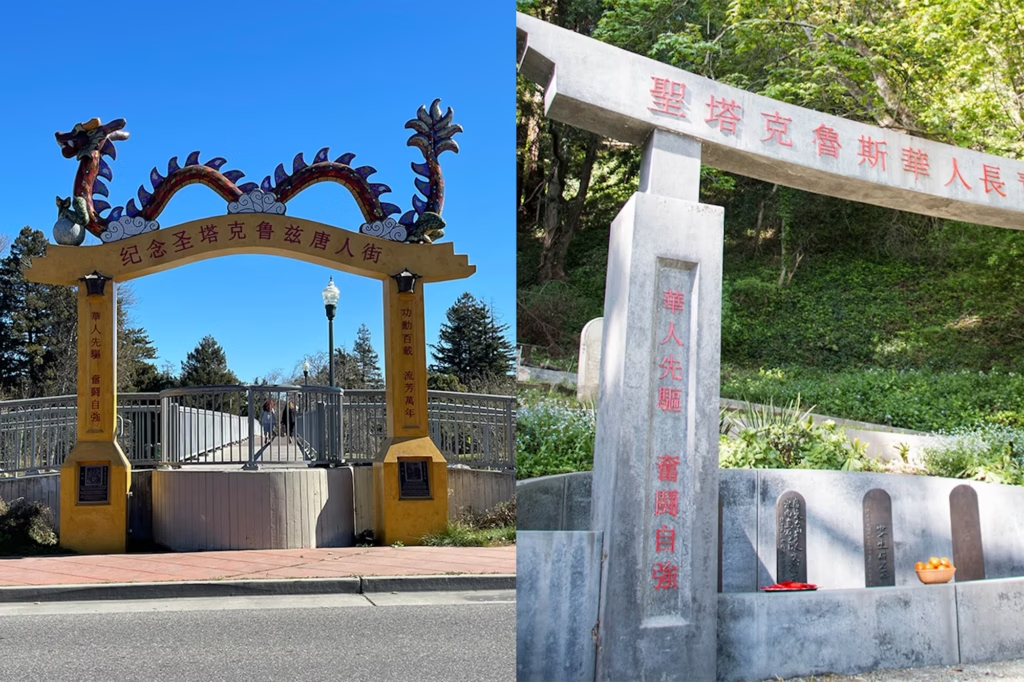
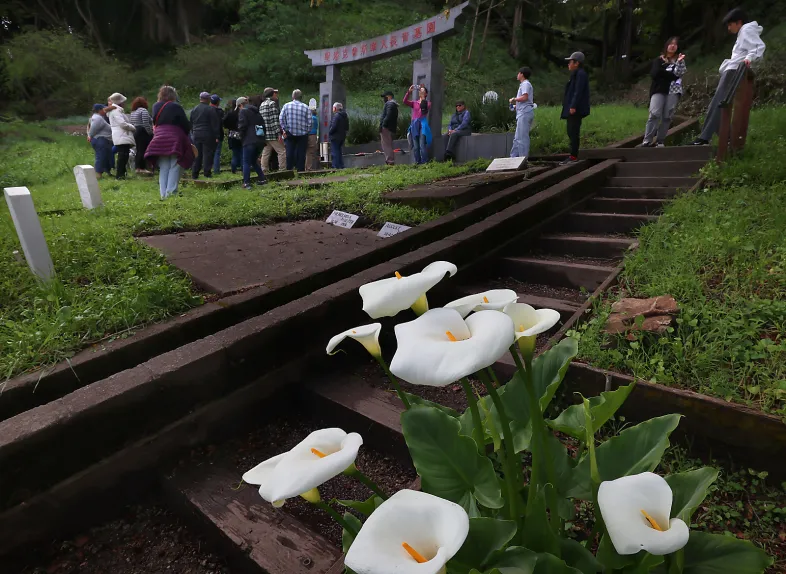
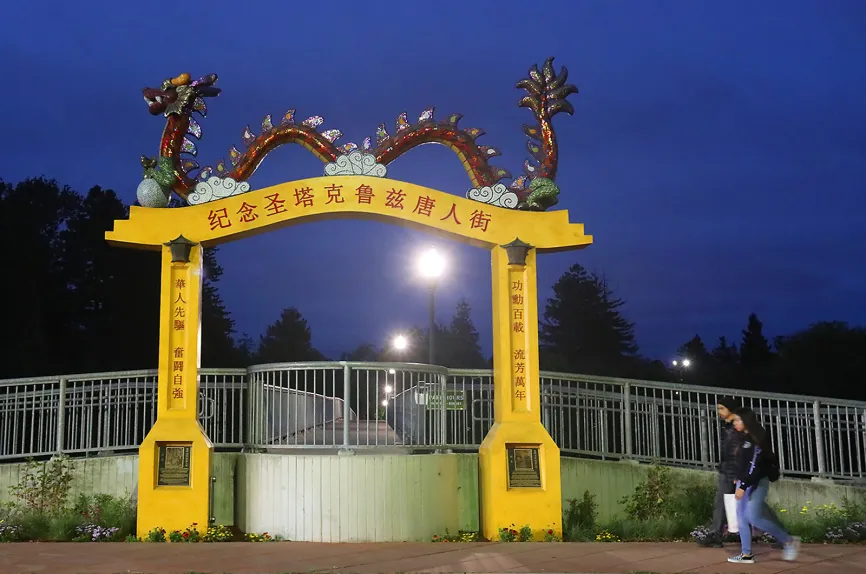
By Flex Kids Culture.
